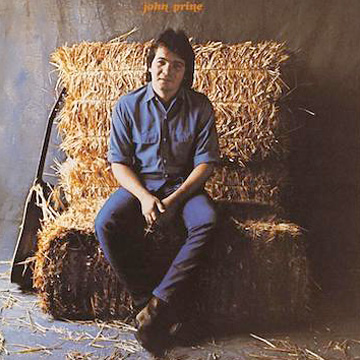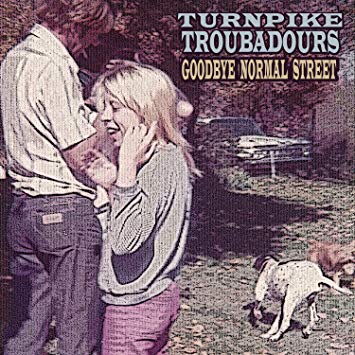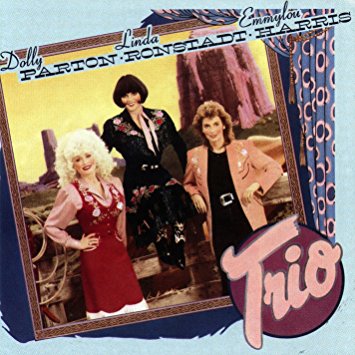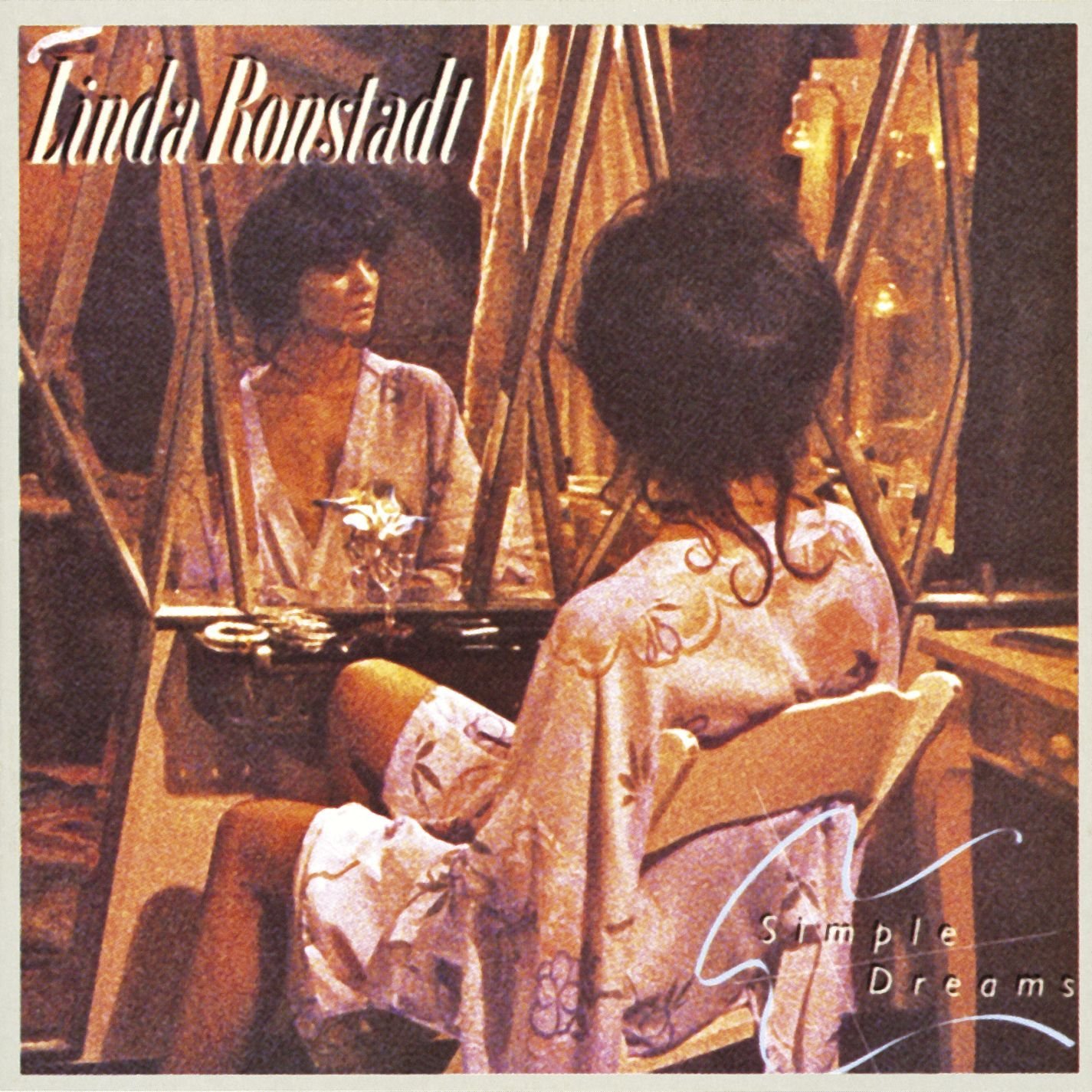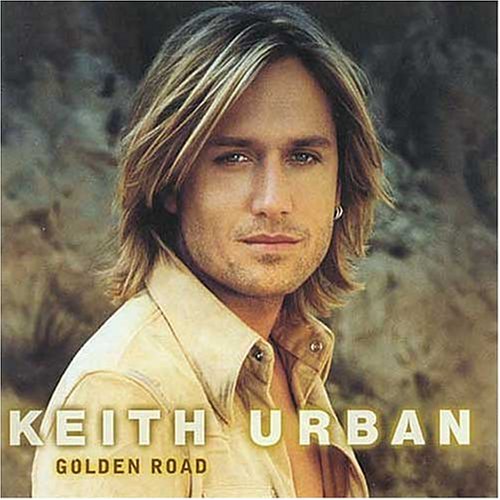Yes, many of you know that John Prine, one of the most beloved songwriters of our time, is currently on his ninth day in the ICU, critically ill and being treated for COVID-19. It is true that like so many, during the past week, I have been compelled to offer my love and support to him by playing his music, and that has sent me on a journey through his entire discography, to rediscover old gems and find new ones yet unexplored. But it’s more than that which keeps me replaying Prine records these days; there’s a hope in his songs that brings an unparalleled comfort and which has helped me greatly through this uncertain period. John Prine gives us reasons to smile when we have so few, and so with that in mind, this post goes out to my dear friend Ché Martin and all the others like us who find their smiles in a John Prine song.
Release Date: 1971
Style: folk
People Who Might Like This Album: fans of Jason Isbell, fans of Bob Dylan, fans of Ian Noe, those who value songwriting and clever turns of phrase
Standout Tracks: “Illegal Smile,” “Spanish Pipedream,” “Angel From Montgomery,” “Far From Me,” “Hello in There”
Reflections: It’s a good time to be listening to and writing about new music. Certainly, despite the number of albums being pushed back lately, there have been quite a few notable releases, especially in the past two weeks. Most of us are stuck at home with nowhere to go and no sports to watch and nothing to look forward to, and new music is one of the few remaining bright spots in our lives. AS a reviewer, I’ve got plenty of time on my hands to explore all of it, and yet, the general uncertainty and hopelessness of this strange time in history is often counterproductive; it’s difficult to empty an anxious mind to focus on a piece of art well enough to think critically about that art and lose myself in the analysis. A reflection is an easier task right now because we designed these to be personal accounts of our own musical experience rather than the broader evaluation necessary in a review. This isn’t to say there aren’t some new albums that have captured my attention as a writer and as a music fan, but it’s older, familiar songs that I find myself gravitating toward of late, beacons of certainty in a world where things are changing by the minute. And over and over, especially in the past week since we have learned of his diagnosis, I have found strength and comfort in the music of John Prine. I may do more of these reflections as I wander through his albums, but for now, I’ll start at the beginning with his debut.
It was “Angel from Montgomery” which first drew me to Prine’s music years ago and which remains one of my favorite songs of all time. As a disclaimer, I will say that I actually prefer Bonnie Raitt’s version, as she took this excellent showcase of songwriting and then made it into a soulful vocal masterpiece. But this song made me fall in love with John Prine because of his ability to capture this character, her desperation and regret as she looks back on her life as an old woman. He’s almost painfully perceptive, seeing into the hearts and minds of all of us so thoroughly that there’s peace in the sorrow because it’s so obvious that he understands. WE see that perception here in “Hello in There,” as he explains that “old people just grow lonesome” and allows us all a glimpse into the hearts of so many elderly people who just feel forgotten and ignored by the world. He makes us hurt for the veterans who come home wounded, broken, and forever changed in “Sam Stone,” and gives us insight into the hearts of the Appalachian people whose land has been ravaged by coal mining in the song “Paradise.” It seems that John Prine has a heart for all the disenfranchised, forgotten souls in this world, and there’s something especially comforting about that in a time like this when we’re all hurting together.
And yet somehow, Prine still manages to make us smile with his whimsical lyrics and clever turns of phrase. There is no other songwriter quite like him and may never be after. It’s the poetry of Bob Dylan and the relatability of Merle Haggard with a dose of the magic of Dr. Seuss sprinkled in for good measure. He says in the opener, “Illegal Smile,” when describing his lonely, boring morning, ” a bowl of oatmeal tried to stare me down and won, and it was 12:00 before I realized I was having no fun.” And yes, in case you were wondering, his illegal smile that allows him to go on is indeed marijuana, so there’s that. There’s also some cheeky wisdom in “Spanish Pipedream,” as he advises us all to “blow up your TV, throw away your paper, go to the country, build you a home. Plant a little garden, eat a lot of peaches, try and find Jesus on your own.” Blowing up the TV and throwing away the paper sounds like excellent advice right now, and it’s lyrics like these that put a smile on your face despite everything else. And if you had any doubt about the DR. Seuss part of my analysis, try and unravel this verse from “Quiet Man: “Last Monday night I saw a fight between Wednesday and Thursday over Saturday night. Tuesday asked me what was going on, I said Sunday’s in the meadow, and Friday’s in the corn.”
I’d encourage any of you anytime to check out the music of John Prine, but now is an especially perfect opportunity. He can empathize with the struggle and provide a moment of levity in almost the same breath, and we need both more than ever these days. If you’re new to Prine, send him your love and support by playing his records, and I promise that you’ll find love and support of your own coming from his timeless words.
